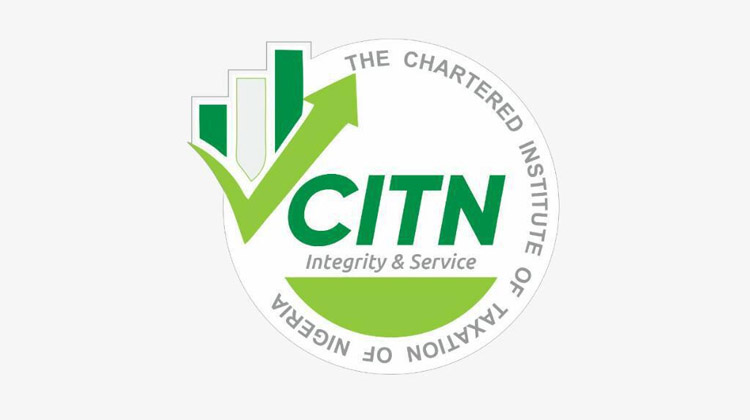Paragraph 1: The Chartered Institute of Taxation of Nigeria (CITN) and its Role in Tax Reforms
The Chartered Institute of Taxation of Nigeria (CITN) stands as the premier professional body for taxation in Nigeria, committed to upholding excellence, ethics, and professional standards within the tax profession. With over four decades of experience, the institute has consistently advocated for improvements and reforms in Nigeria’s taxation system. The CITN actively participates in shaping tax policies and legislation by providing expert advice and technical support to the government. The institute’s leadership recognizes the importance of continuous professional development and emphasizes the need for members to stay abreast of the latest tax laws and regulations. This proactive approach ensures that CITN members remain at the forefront of tax practice and contribute effectively to the development of a sound and efficient tax system.
Paragraph 2: Engaging with Current Tax Reforms and the Presidential Committee’s Proposals
The CITN is actively involved in ongoing tax reforms, particularly those proposed by the Presidential Committee on Fiscal Policy and Tax Reforms. The institute has carefully reviewed the proposed tax bills, which have been passed by the House of Representatives and await Senate approval. A key element of these reforms is the introduction of tax agents as intermediaries between taxpayers and revenue authorities. Recognizing the potential impact of this change, the CITN has submitted its recommendations to refine certain provisions and enhance tax administration and professionalism. The institute firmly believes its input will contribute significantly to improving the Nigerian tax system, further demonstrating its commitment to constructive engagement with the reform process.
Paragraph 3: Fostering Professionalism, Ethics, and Lifelong Learning among Members
The CITN places strong emphasis on professionalism and ethical conduct among its members. New inductees are urged to uphold the institute’s values and strive for excellence in their professional practice. The institute provides numerous training initiatives and platforms for continuous learning, recognizing the dynamic nature of tax laws and regulations. Lifelong learning is considered essential for members to remain competent and adapt to evolving tax landscapes. This dedication to professional development ensures that CITN members maintain the highest standards of practice and contribute effectively to the integrity of the tax system.
Paragraph 4: The Significance of Taxation for National Development and Economic Growth
Taxation is recognized as a fundamental pillar of national development, providing crucial resources for government operations and public services. CITN members play a vital role in ensuring compliance, promoting fiscal responsibility, and contributing to economic growth. By facilitating efficient tax collection and administration, they enable the government to fund essential programs and infrastructure projects. The institute underscores the importance of integrity, lifelong learning, and adherence to best practices for its members to succeed in their roles and contribute meaningfully to the nation’s economic well-being.
Paragraph 5: Induction of New Members and Recognition of Outstanding Performance
The CITN recently inducted 1,461 new members, further strengthening the ranks of tax professionals in Nigeria. The induction ceremony highlights the institute’s role in developing and nurturing talent within the tax profession. Recognition was given to around ten inductees for their exceptional performance in the professional examination, showcasing the institute’s commitment to excellence and achievement. This influx of new members and the acknowledgement of outstanding performance demonstrate the vitality and growth of the tax profession in Nigeria.
Paragraph 6: The Importance of Tax Consciousness and Fiscal Discipline in Nigeria
The keynote speaker at the induction ceremony, Prof. Yusuf Ali (SAN), emphasized the critical importance of taxation for national progress. He drew parallels with other societies where tax evasion is treated with the utmost seriousness, underscoring the need for Nigeria to cultivate a stronger tax culture. He highlighted the historical shift away from tax consciousness with the advent of oil revenue, which led to a decline in fiscal discipline and accountability. Prof. Ali stressed the urgent need for Nigeria to retrace its steps and rebuild a culture of tax compliance and responsibility. This shift, he argued, will empower citizens to hold those in charge accountable and contribute to the sustainable development of the nation.














